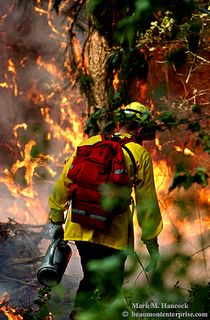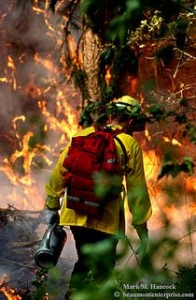What is Photojournalism?

Photo by Mark H. Hancock

What is Photojournalism?
Ever since the creation of the printed photograph, it has opened the door to being able to capture history as it is going on and save it as a frozen image that will outlive the photographer. Mark H. Hancock describes photojournalism as a fusion of telling stories and photography. In other words photojournalism captures verbs instead of the usual nouns other photographers capture.
Photojournalism ‘s routes can be traced to the development of the printed picture around 1890. The most important innovation came with the development of the Leica samara in Germany in 1925. This invention, lead to the growth of photojournalism around and after World War II (www.ndsu.edu). From this growth stemed the Golden Age of Photojournalism that roughly took place for three decades. It is said to have begun in the 1930’s going into the 1960’s. According to Rachel Towne, some of the photographers that came about in this golden era were Walker Evans, Dorthea Lang and Gordon Parks. Along with this Golden era came the rise of photo agencies that sell the rights to all the photos and still images. Magnum Photos, Corbis Corporations and Getty Images were funded during this time frame.
Income as a photojournalist is not always easy. Most professional photographers have to freelance as well as work for a paper to add some income into their lives. (Hancock). One of the ways a photographer can protect himself is to join one of the photojournalism associations. They are not too expensive ranging from anywhere from $60 to $200 yearly membership. These associations help photographers get work and protect themselves against miss use of their images as well as help protect their rights. Mark H. Hancock a book editor for the Squadron/ Signal Publications as well as a Dallas based freelance photojournalist. He previously worked as a staff photographer for the Dallas Morning News and the Beaumont Enterprise, both, which are two of the many other mediums by which photojournalism is published.
Without the development of photojournalism, much of history would be obscure and left the imagination of the people. With this great development came the ability for pictures to send messages generations down the line and with one image be able to say what a thousand words cannot.





